Human-made climate change is a real threat to the survival of humanity on this earth. We must do everything in our power to cut greenhouse gas emissions and help reverse the environmental impact that humans have caused. One of the most effective ways to slow down global warming is by making more sustainable food choices. Here are ethical tips that can reduce carbon emissions, improve animal cruelty, and make for a better world.
1. Eat Less Meat
Factory farming of animal agriculture is one of the silent causes of climate change. Animal agriculture accounts for 14.5% of greenhouse emissions.
Let’s cut to the chase: livestock produces a lot of poop. Their stool has exceptionally high nitrous oxide and methane levels, two of the three primary greenhouse gases.
Carbon dioxide is the third and is the primary greenhouse gas caused by humans. Hence, the whole carbon footprint thing!
Now, livestock may produce these other greenhouse gases, but humans play a large role in livestock emissions. We’re the ones farming these animals.
Due to supply and demand, there’s a lot of livestock being produced and slaughtered. Substituting beans, tofu, lentils, or other complete proteins for meat will help lower greenhouse gas emissions. Less demand, less supply.
Animal agriculture also requires more water than plant farming. One pound of beef requires about 1,799 gallons of water from birth to slaughter to distribution.
Lastly, factory farming is responsible for up to 30% of deforestation annually. Agriculturists destroy forests so that livestock has land to graze.
Deforestation cuts down our natural oxygen supply and leaves us with less defense to carbon dioxide in the atmosphere. Plus, it leaves millions of animals and plants without a home.
2. Buy Organic When Possible
Humans and fruit flies have 60% of their genes in common. So, why would you eat foods that are grown with chemicals intended to kill cells that you probably have, too?
Pesticides are a growing cause for concern with climate change. These synthetic chemicals can easily be dispersed by wind or pollinators. The use of pesticides has caused a decline in bees and other vital animals to our ecosystem.
That is why we are so proud to be one of the few CBD companies to offer USDA-certified organic broad spectrum CBD tinctures and salves. Supporting organic companies helps boost the demand for these items. Increased interest in sustainable products will also help make organic products more affordable to others.
3. Go Free-Range
Many poultry animals endure inhumane conditions prior to slaughter. This environment can have an impact on the animal’s quality of life. Between stress, minimal nutrition, and lack of sunlight, it also creates subpar quality meat.
While free-range eggs and poultry are ideal, cage-free is still a more ethical option than standard factory-farmed products. The major difference is that cage-free chickens might still be indoors, while free-range chickens roam pastures with open access to hen houses.
Additionally, research suggests that cage-free chickens produce eggs with higher levels of omega-3 fatty acids. Omega-3s are essential for brain health, weight control, and immune support.
Going cage-free isn’t just good for you and poultry. The environment benefits, too. A study conducted by the Animal Agriculture Alliance noted that free-range animals improved microbial composition in the soil. This nutrient-dense soil can help create better harvests in the future.
4. Only Purchase Antibiotic- and Hormone-Free
The factory farming industry uses many pharmaceuticals preventively. Animals are administered drugs prior to actually needing them, because the odds they will need these medications are pretty high.
Dairy cows are kept on hormones so that they remain fertile. They must be pregnant often so that they produce milk. Some farmers will inseminate the female while others have steers impregnate the cow. Once the calf is born, it either becomes veal, gets plumped up for beef, or becomes a dairy cow.
According to the World Health Organization, 80% of antibiotics sales are from the animal agriculture industry. Dairy cows are milked by machines that claw their udders. These practices cause lesions that become prone to infection.
Antibiotics are also used to prevent outbreaks among pigs, chickens, and other animals. These pharmaceuticals will remain present in feces and urine that end up in our oceans due to run-off.
5. Buy Ethically-Sourced Honey
Humans enjoy honey as a superfood and an all-natural sweetener. However, it’s a vital food source for bees, especially in the winter.
When plants stop blooming, bees no longer have food options. So, they must rely on their harvests to get them through until the weather gets warm.
Bees are essential for pollinating our food. Unfortunately, the number of bees continues to decline. No bees, no food.
Whether you’re buying CBD honey or getting golden clover at the grocery store, make sure it’s certified organic. Organic beekeepers must adhere to a seasonal harvest that allows the bees to have enough food to sustain the winter.
6. No More Margarine
Palm oil is a common ingredient in butter alternatives. You can find it in margarine, vegetable oil, shortening, stocks, and even cosmetics.
This common ingredient has caused significant deforestation, encompassing over 27 million hectares worldwide. The demand for palm oil has significantly increased, displacing thousands of orangutans and other native species.
Instead of margarine and its palm oil, use grass-fed butter or ghee. You can also opt for extra virgin olive oil or MCT oil. We use both as carrier oils in Joy Organics’ Organic CBD Tinctures. They are higher quality oils with a much smaller environmental impact.
Also, use fruit oils, essential oils, and CBD oil to make your own cosmetics. You’ll save money and the environment!
7. Ditch Bottled Water
Bottled water is a growing cause for concern. For one, companies like Nestlé have been draining San Bernadino’s National Forest water supplies. Not to mention, Dasani is just tap water.
It takes almost 450 years for a plastic water bottle to decompose. Many of us have access to a public water supply. Consider getting a filter system to purify your water. Keep it in a glass, copper, or metal pitcher. Then, use refillable water containers whenever you’re thirsty.
Every choice you make can slowly prevent global warming or drastically speed it up. Be on the right side of history. Make small sacrifices through sustainable food choices today to make for a better tomorrow.




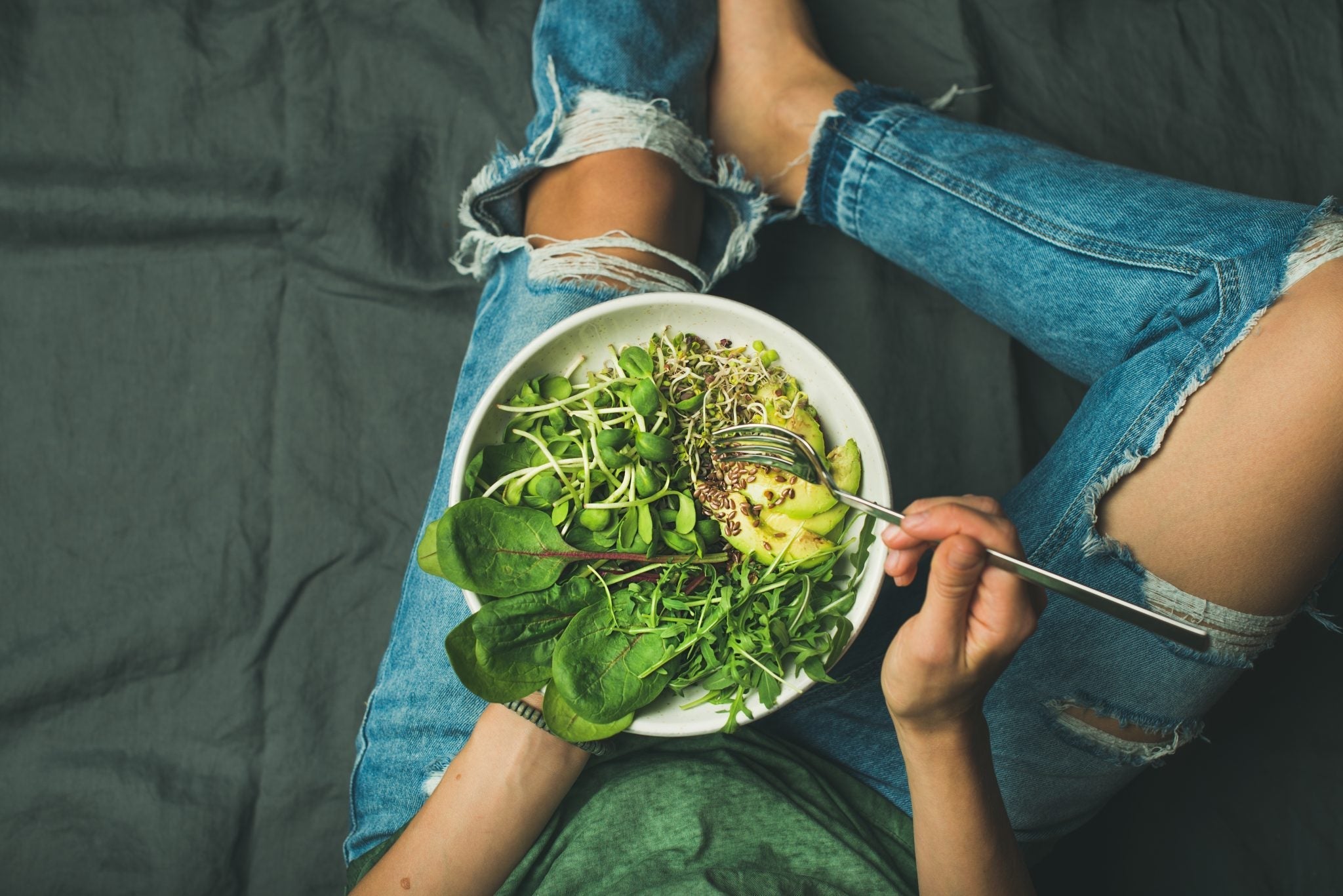



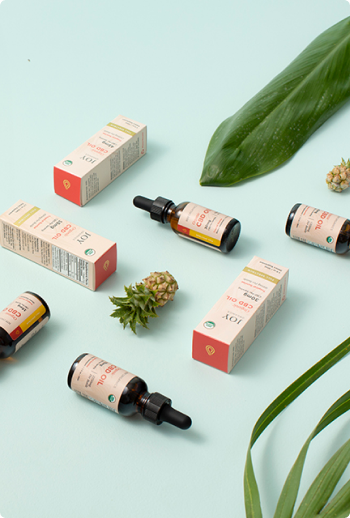
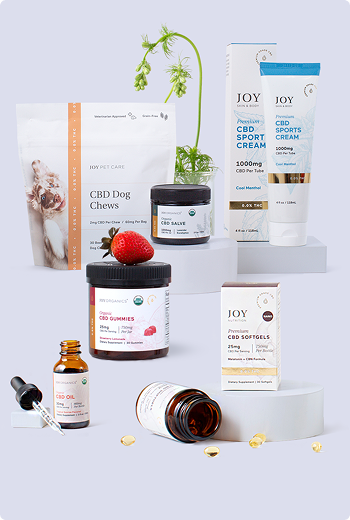
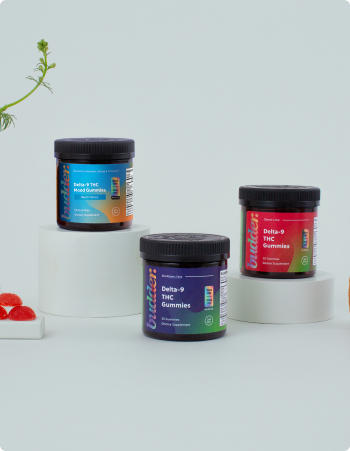










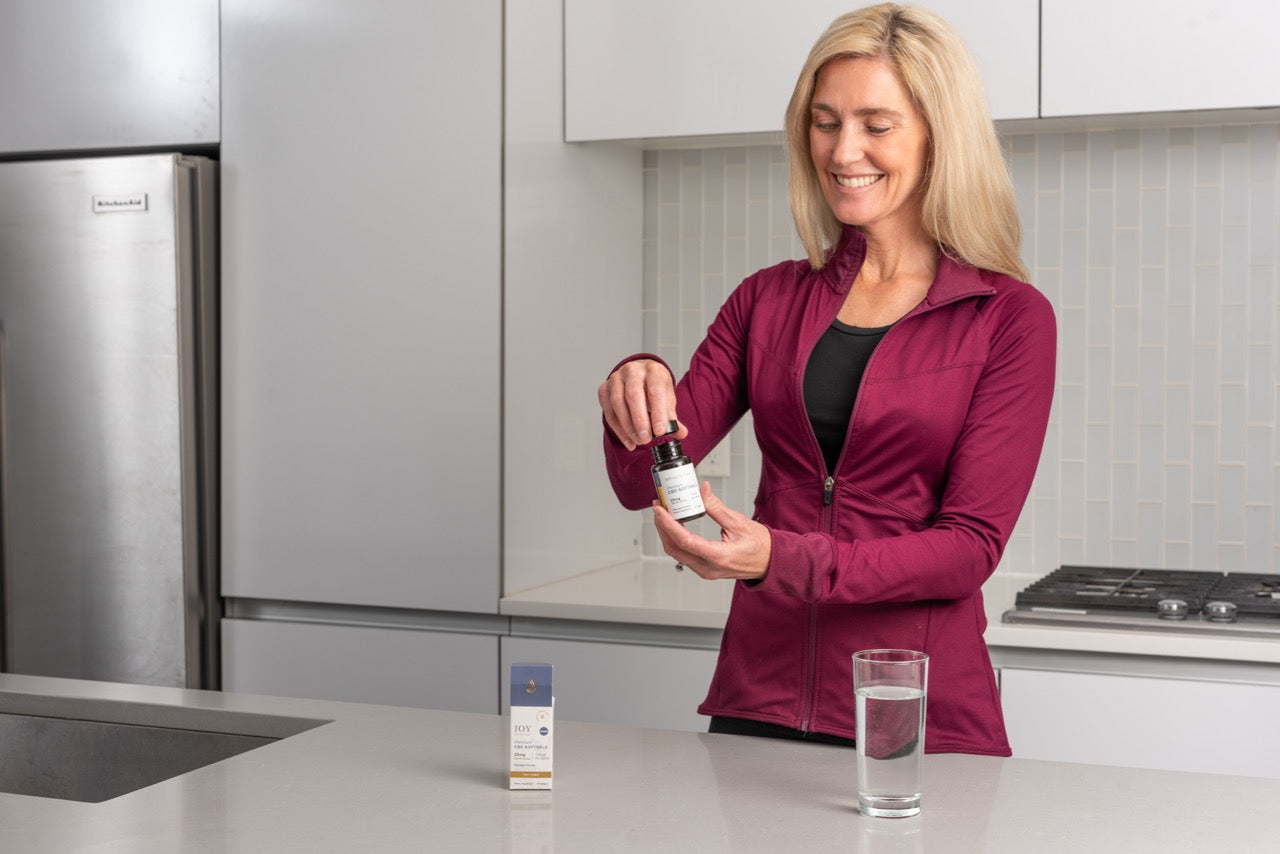

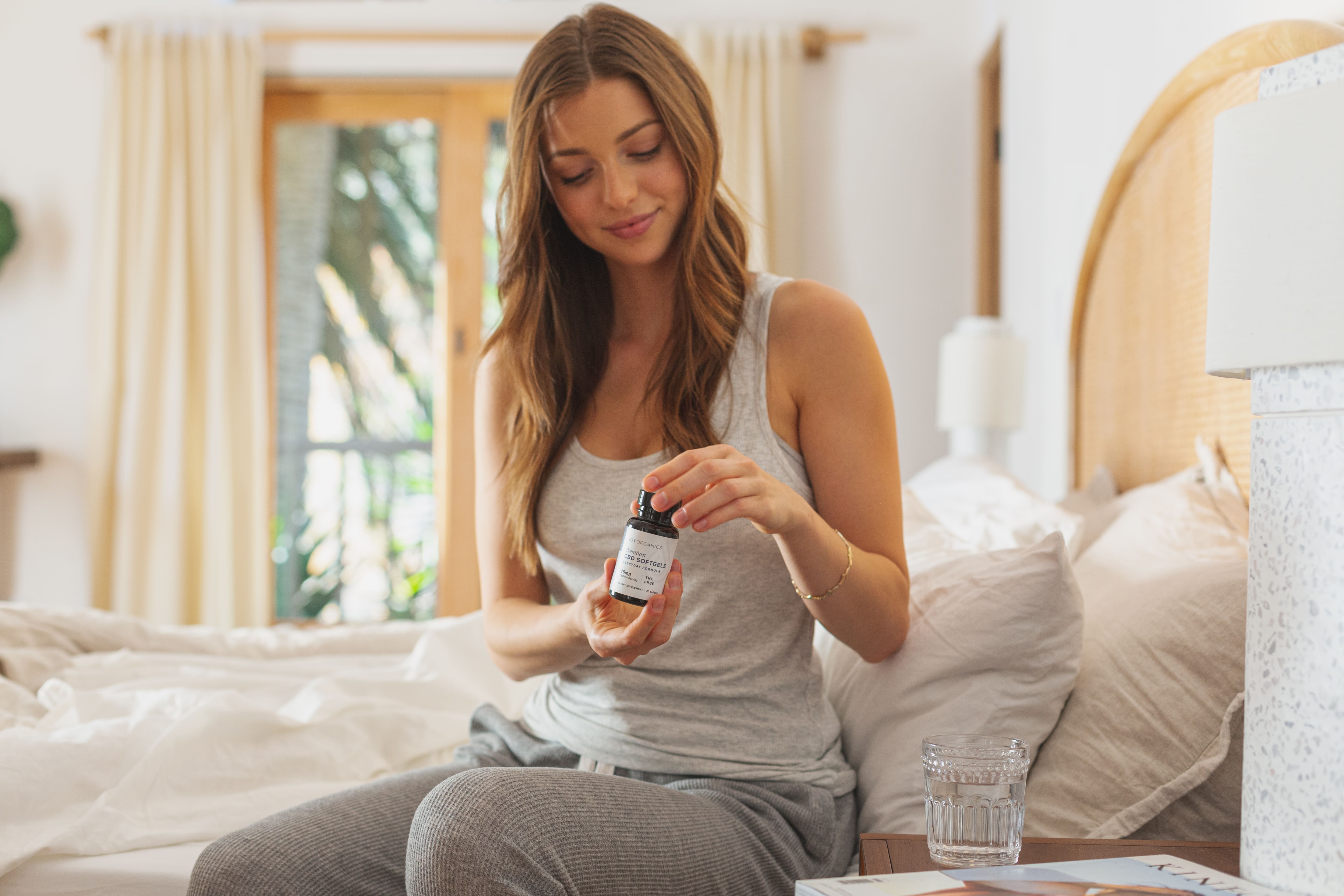


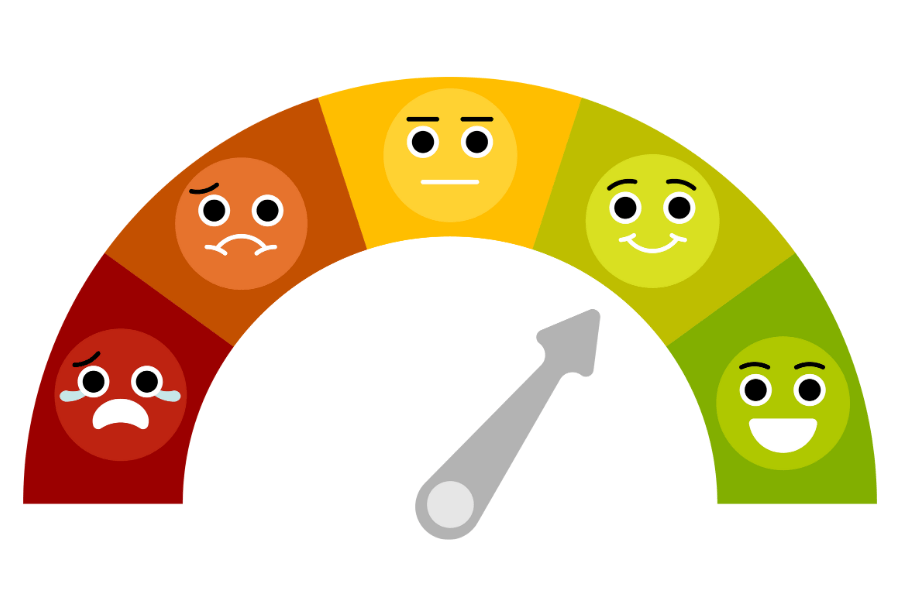
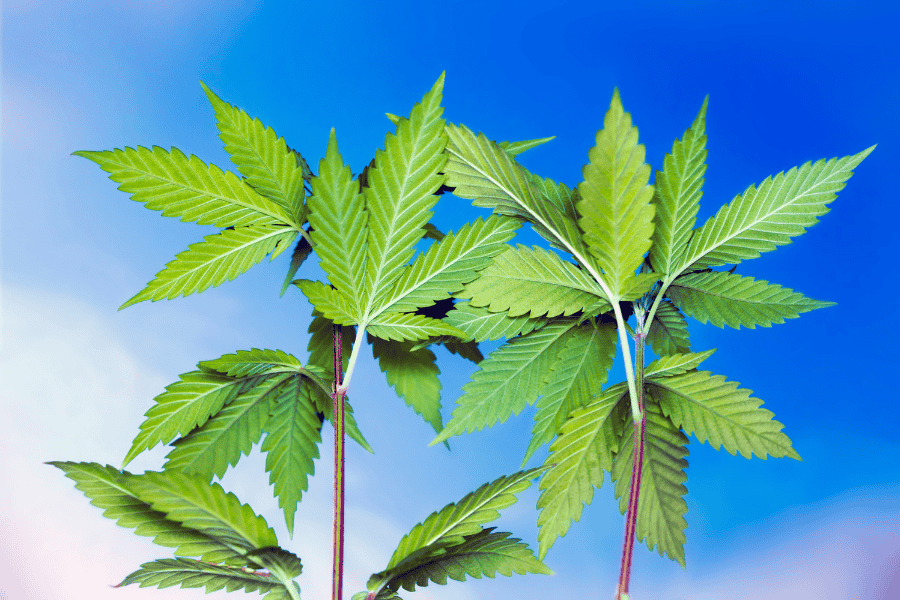


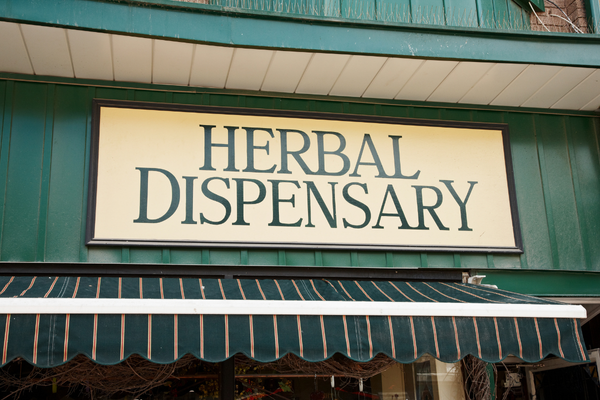



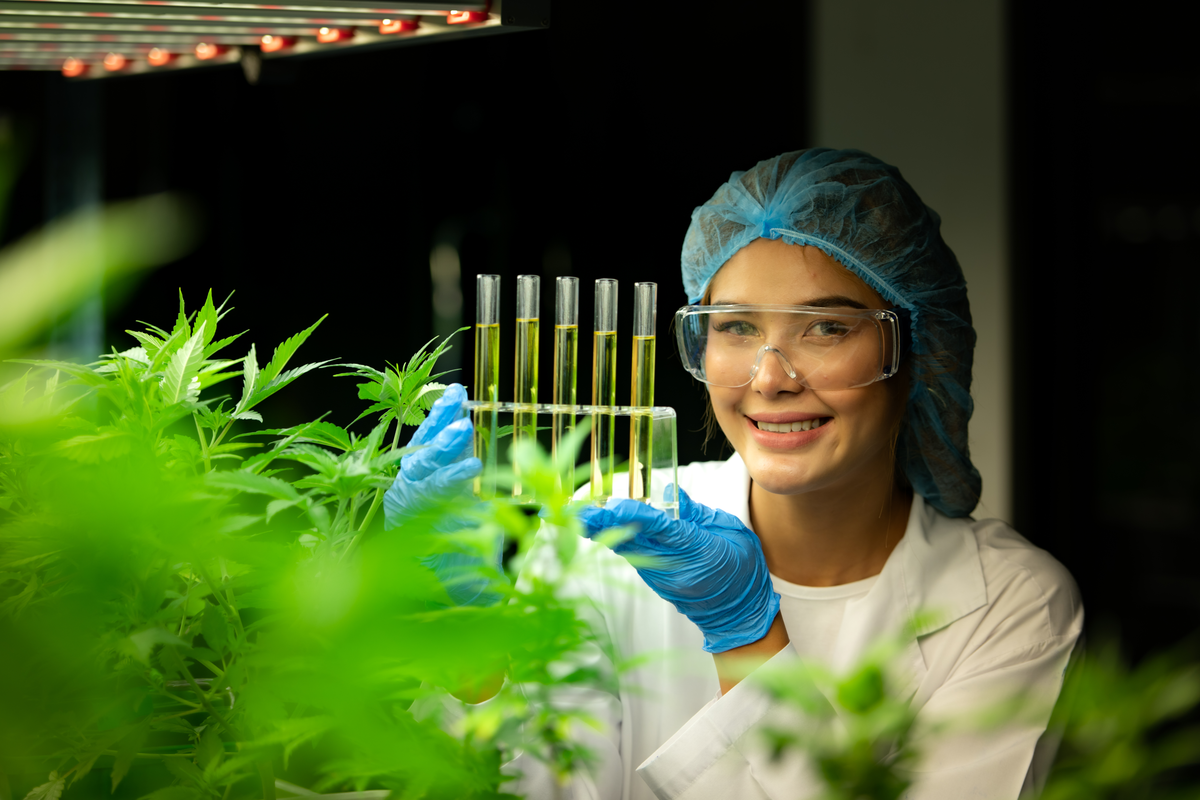

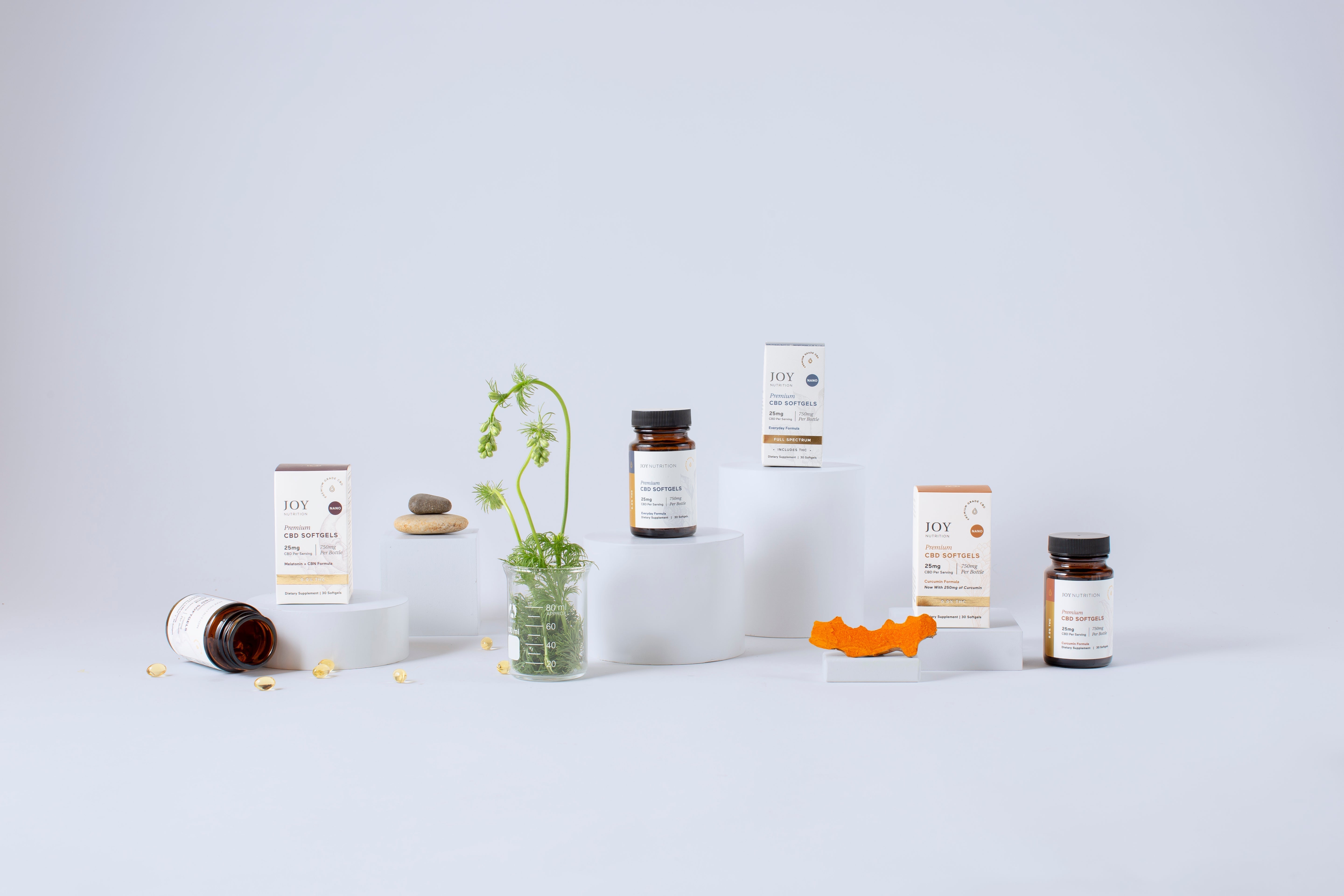
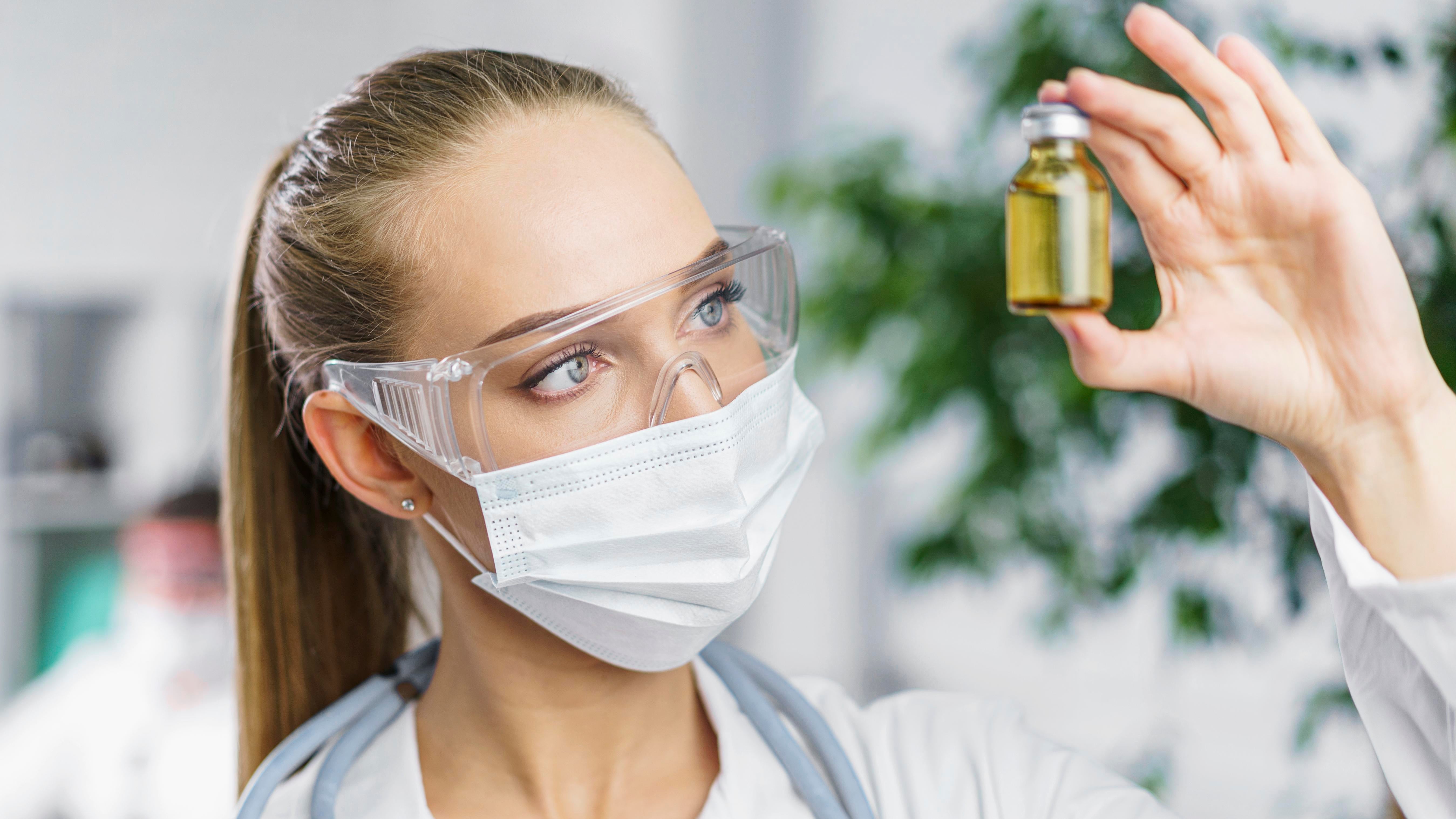


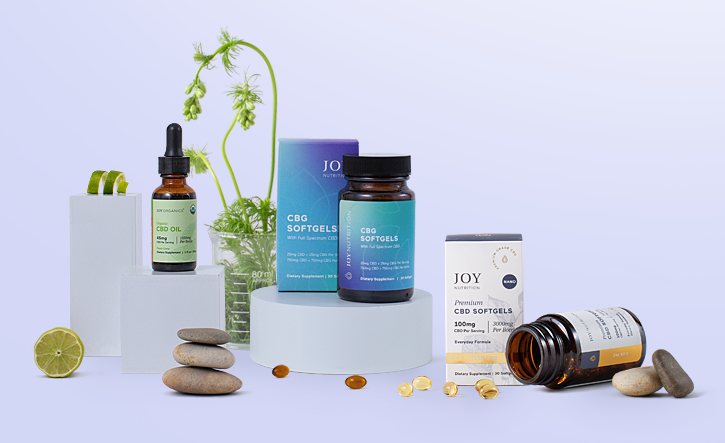


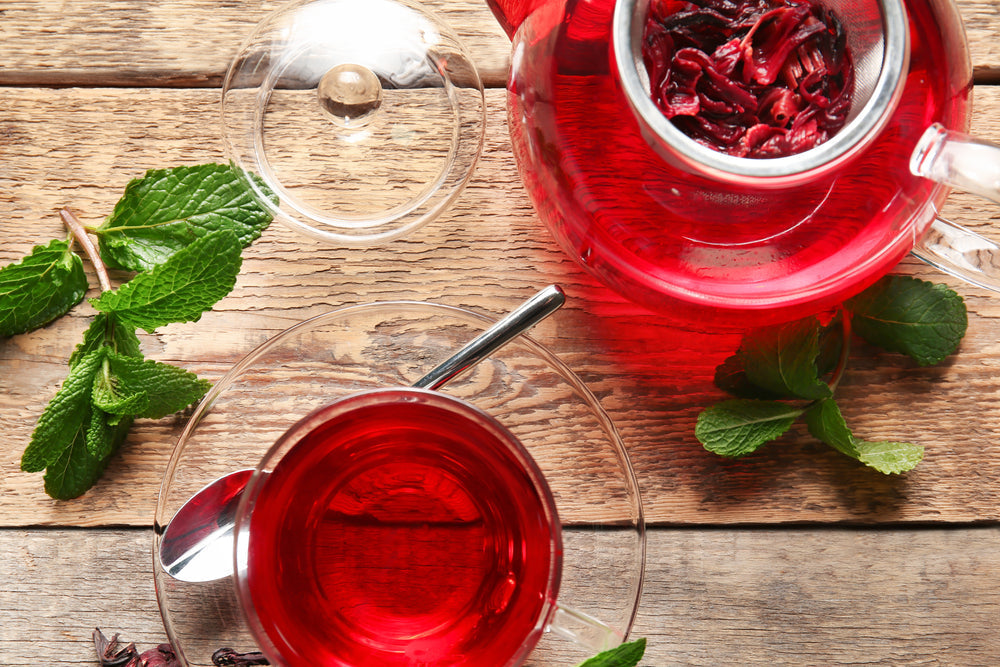

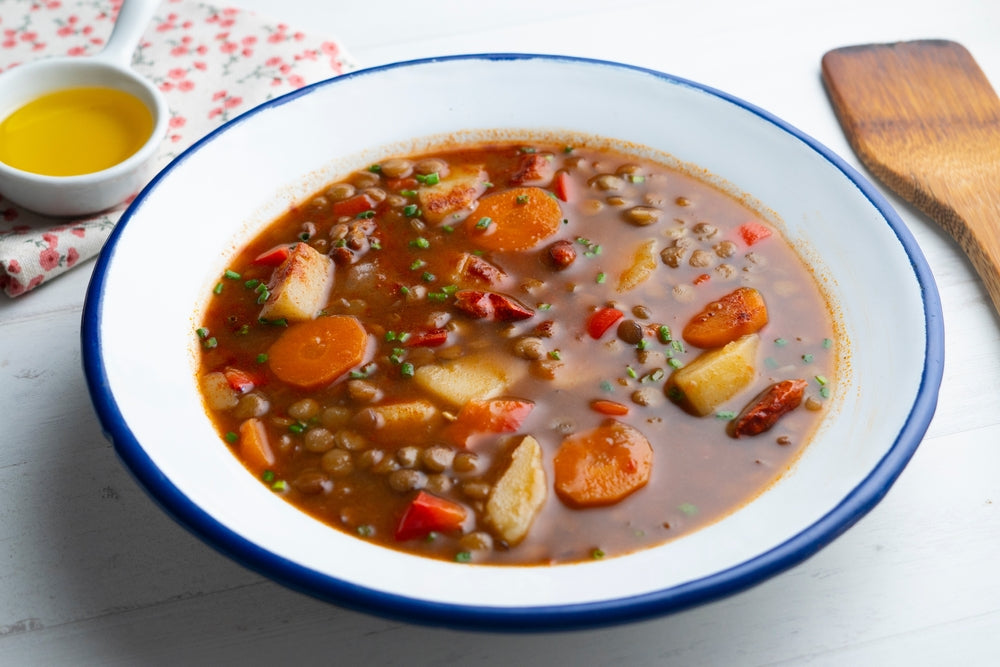
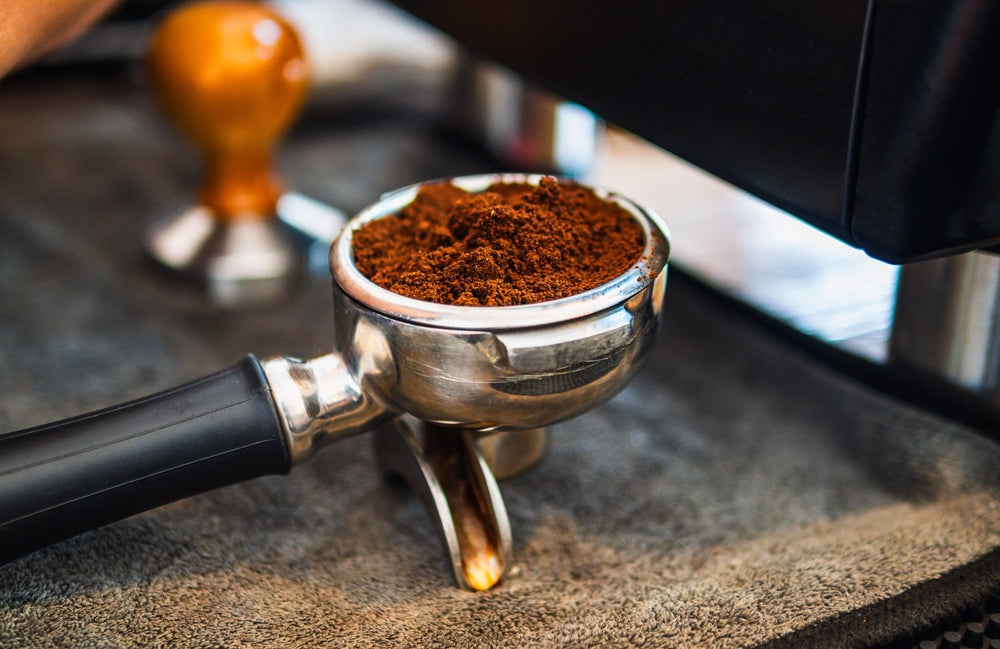

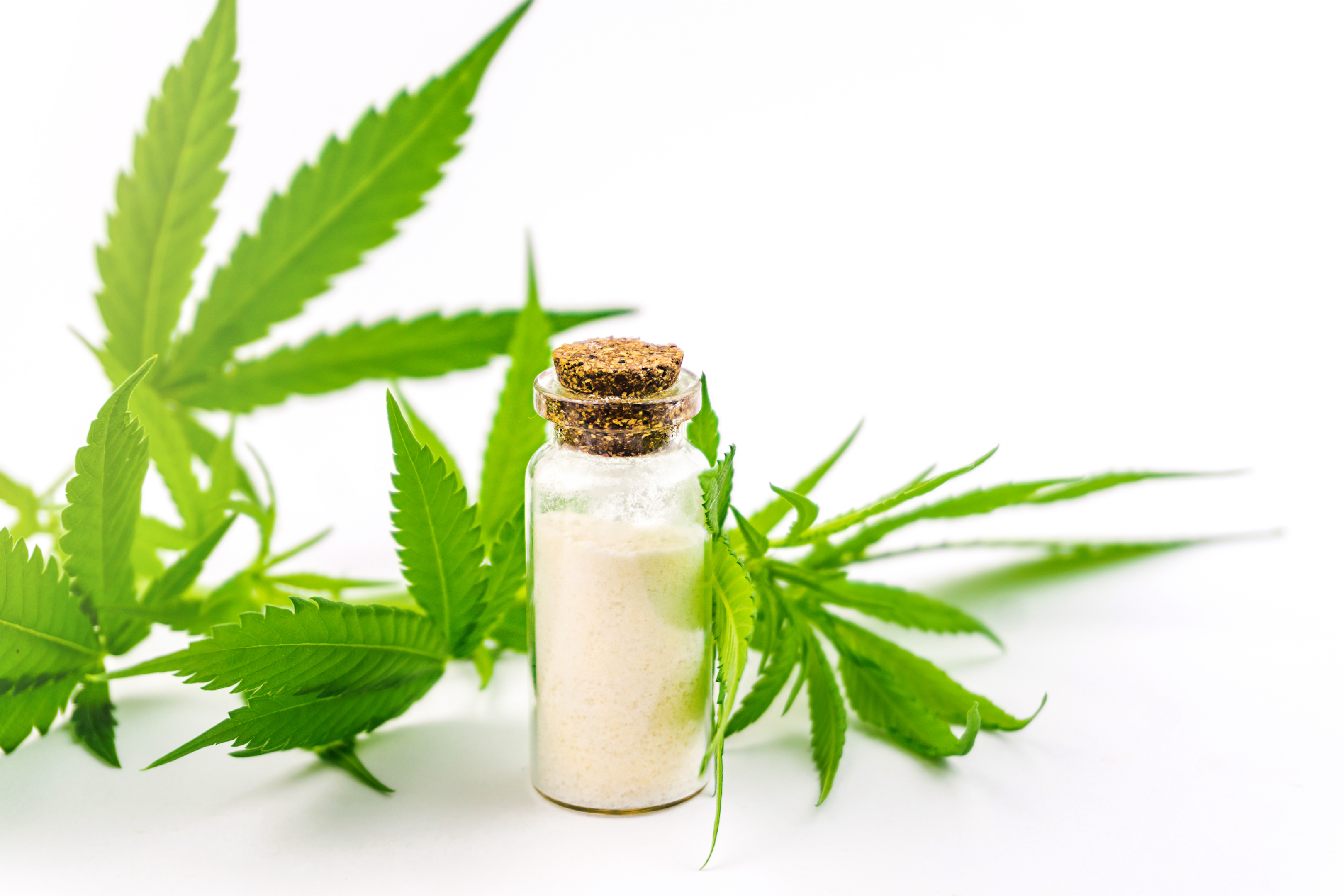
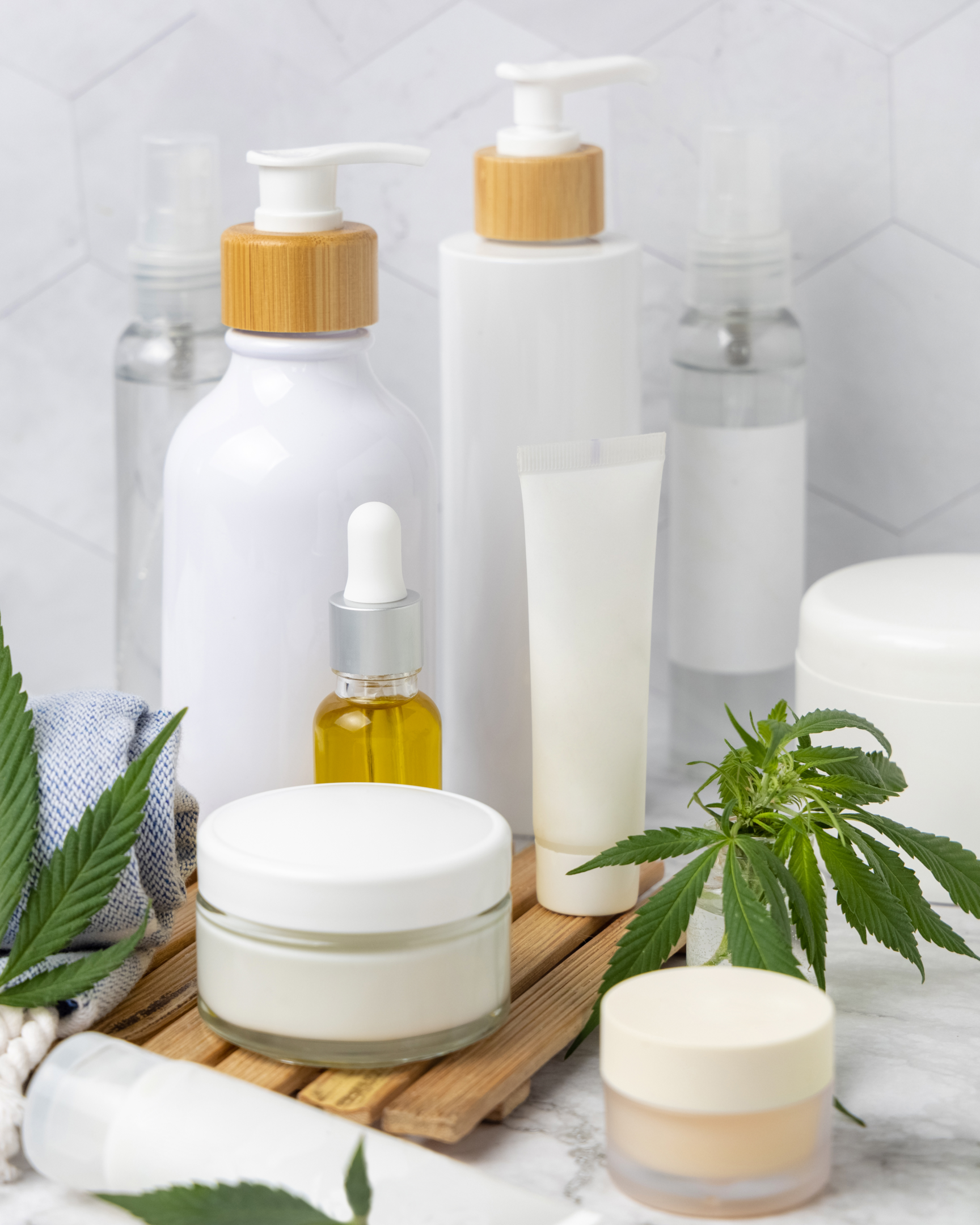
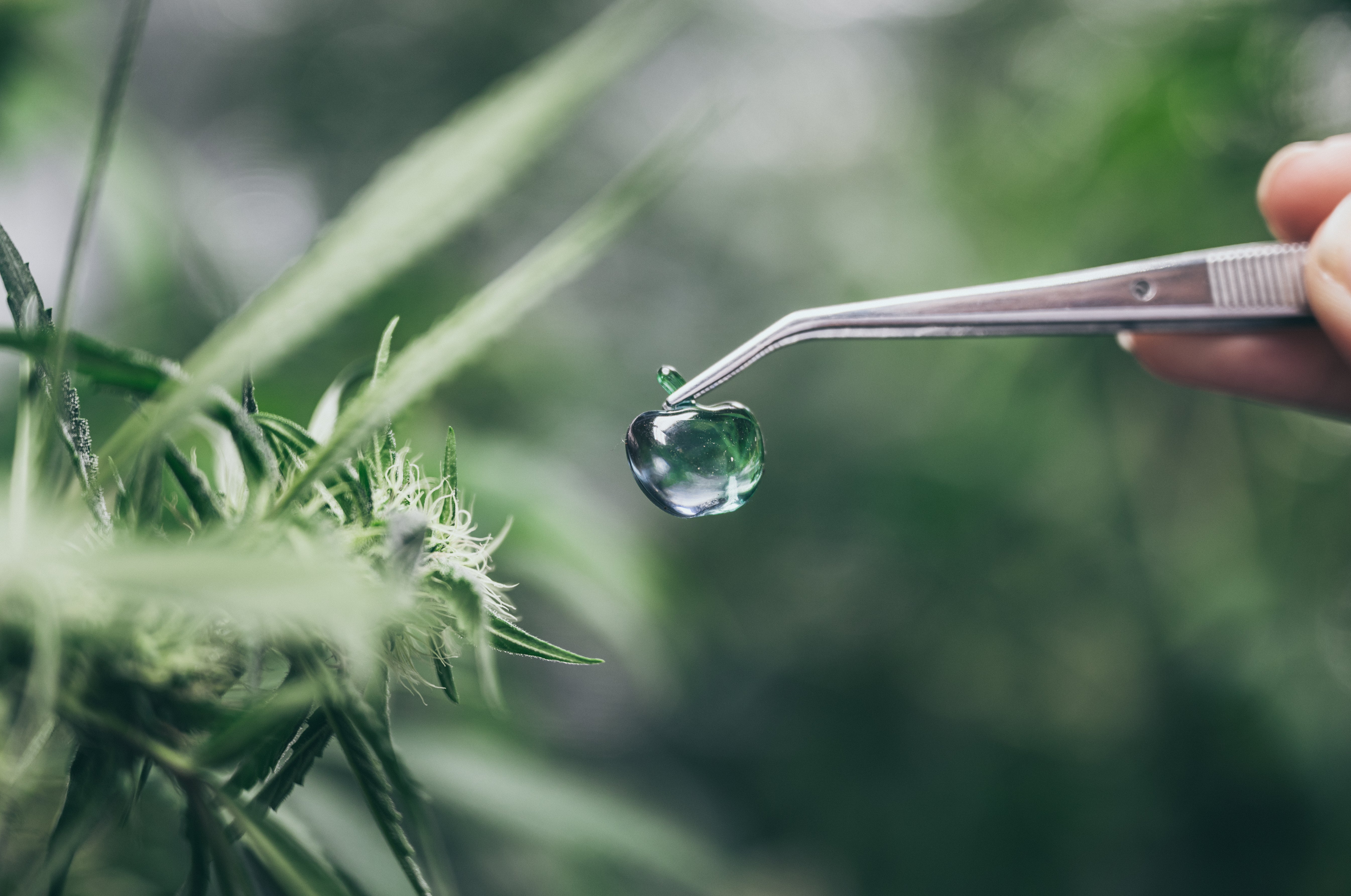
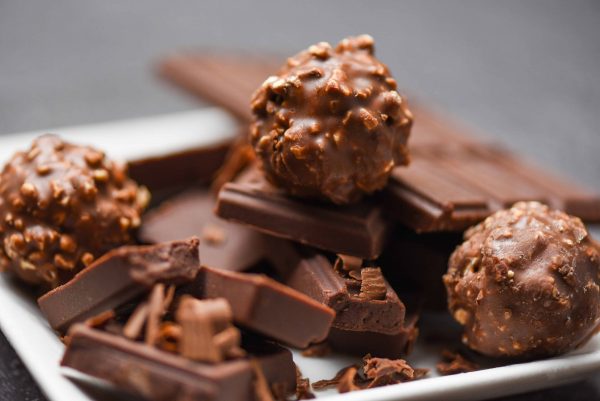
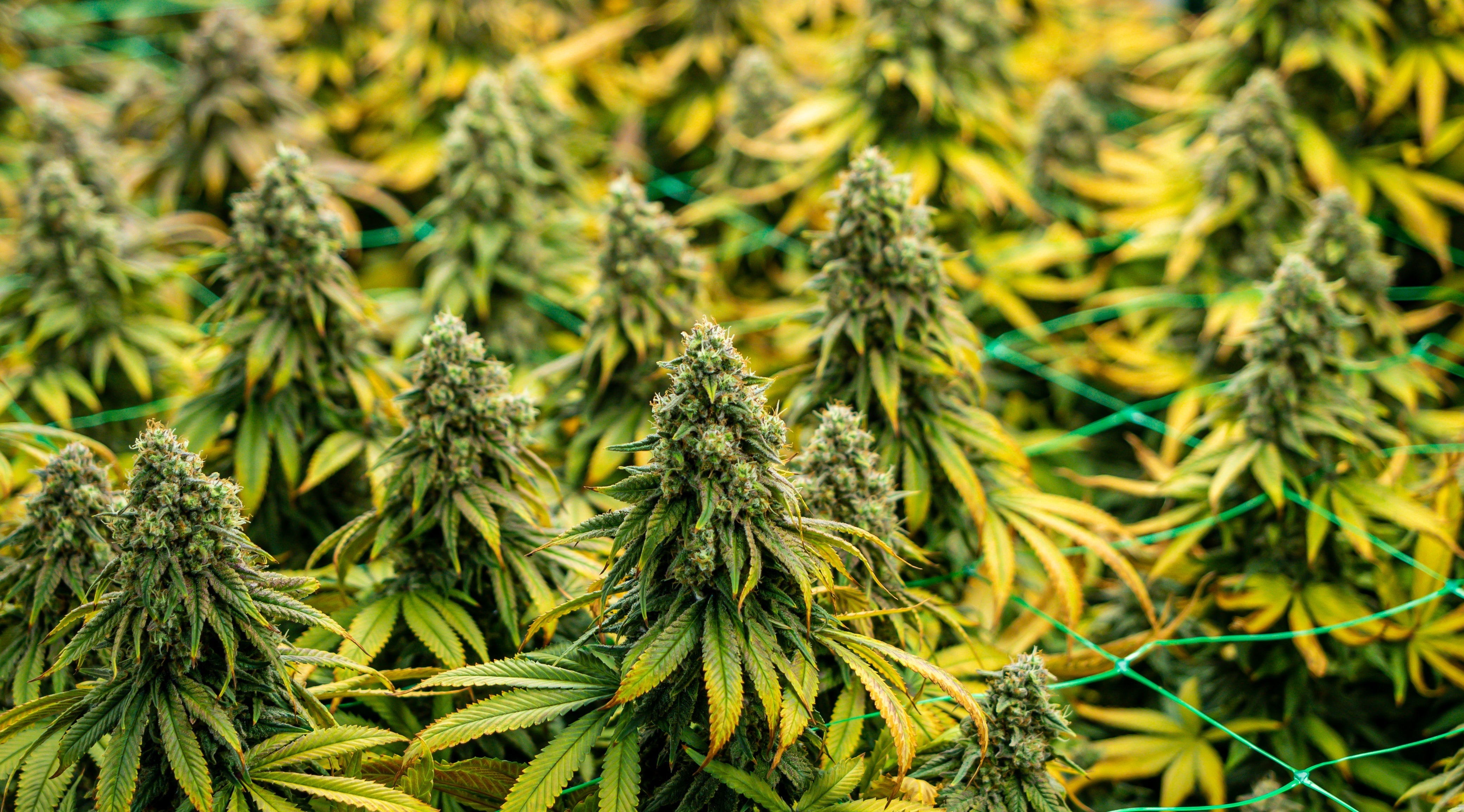
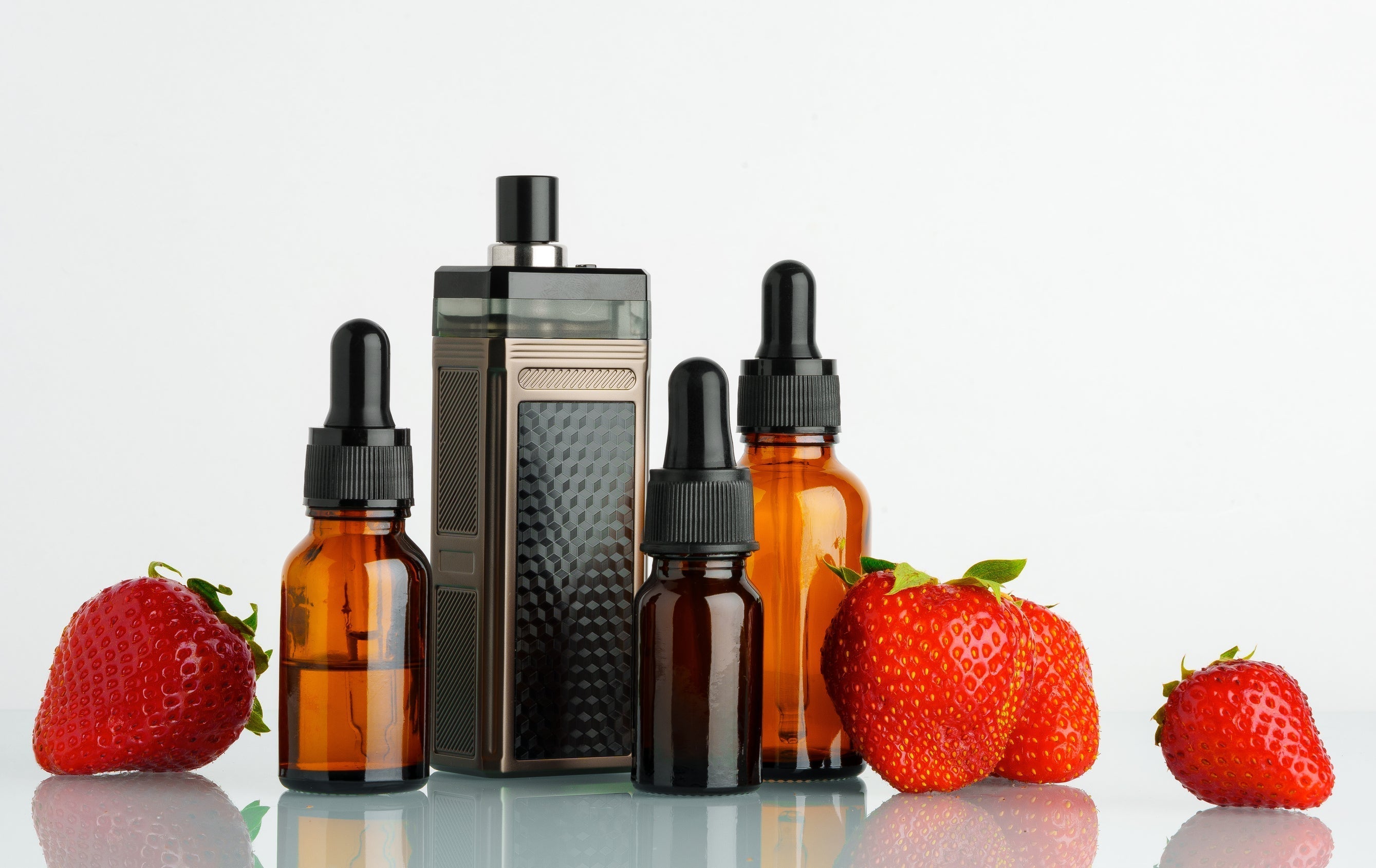
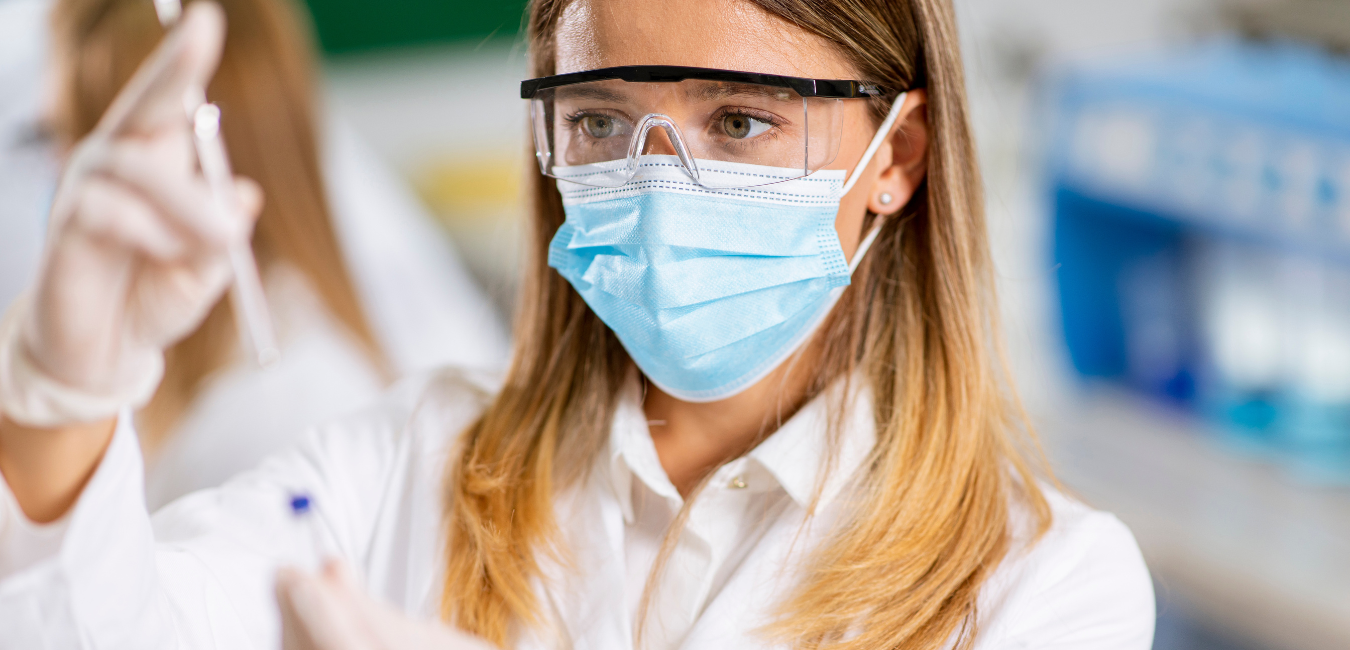
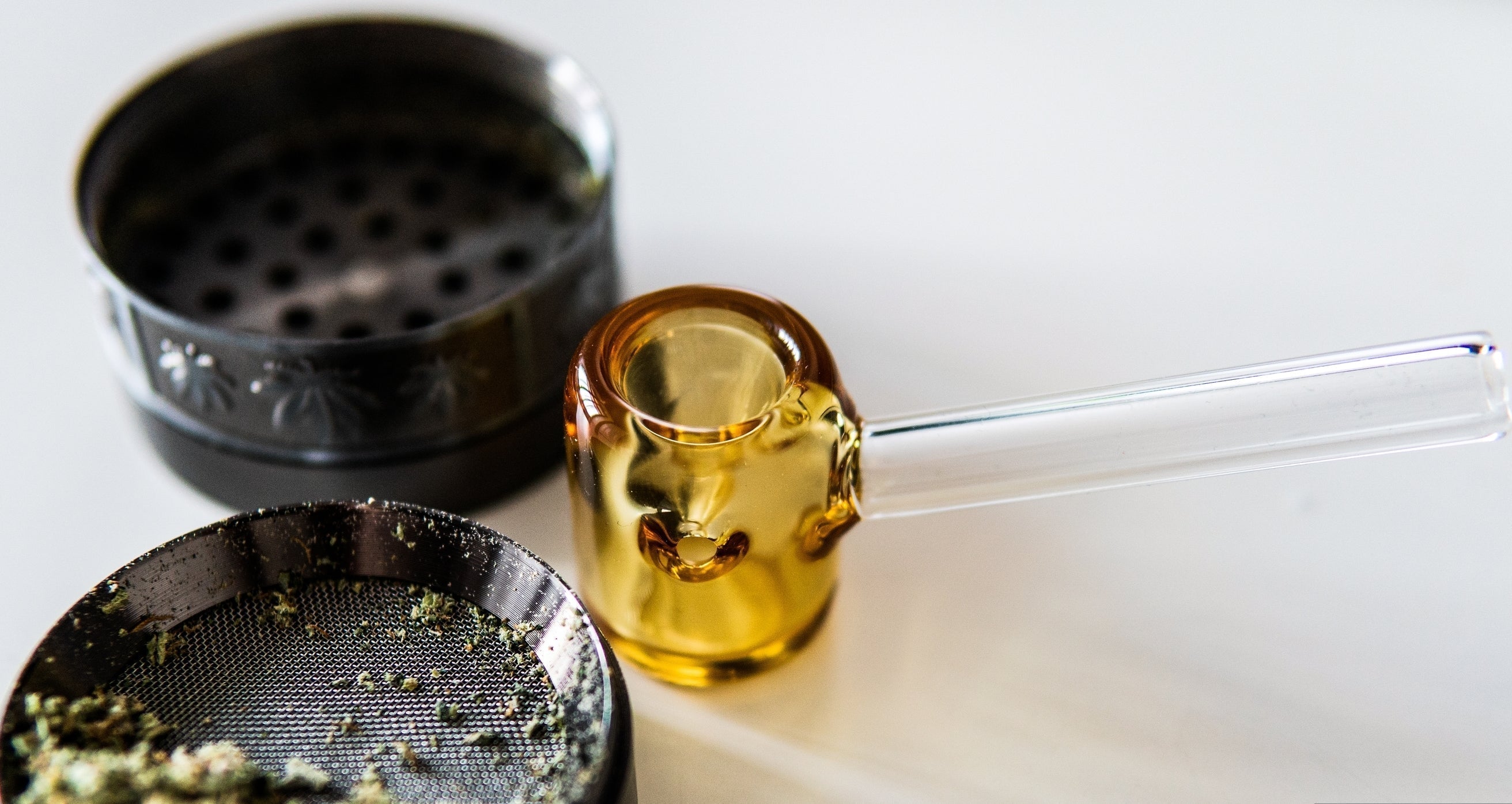
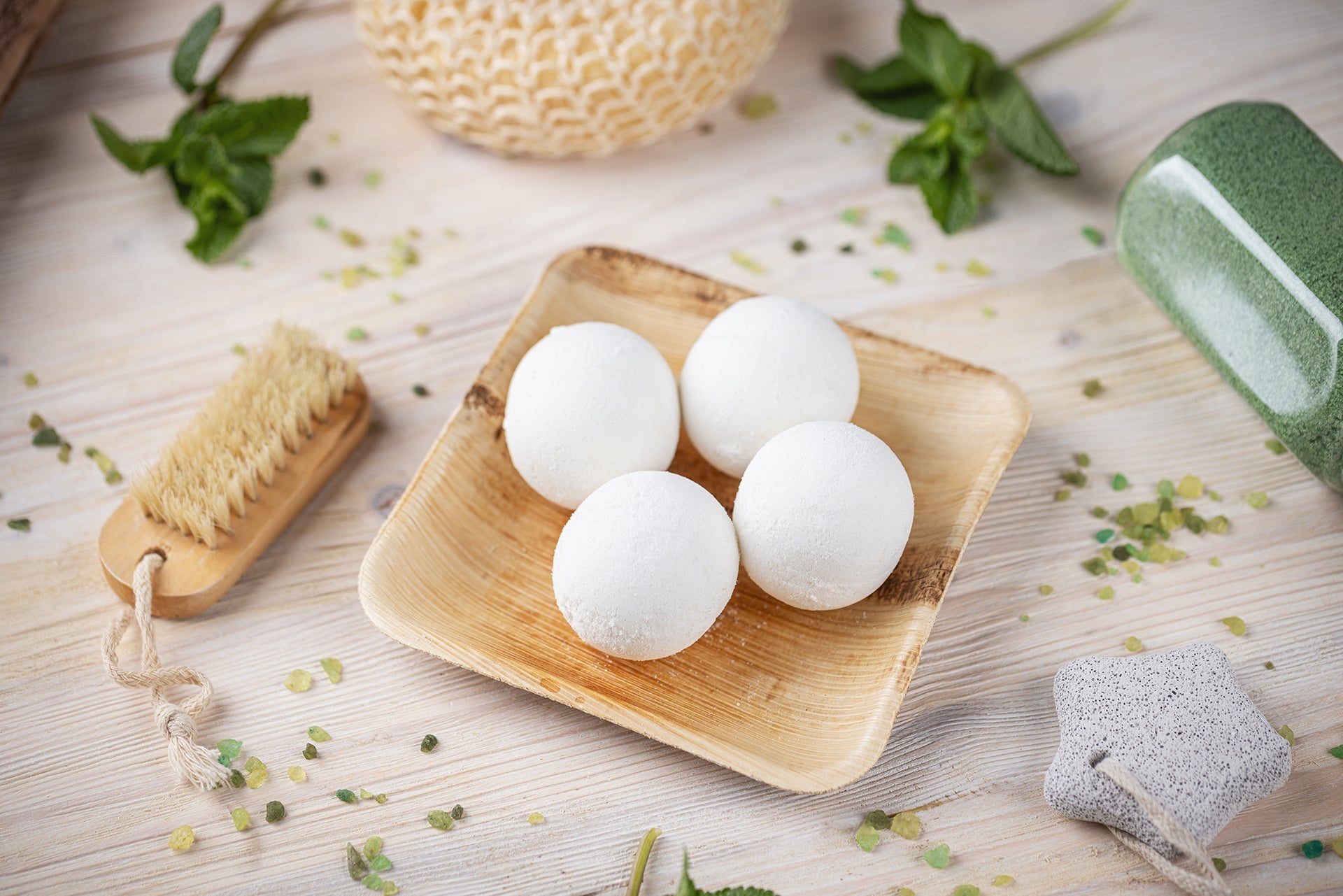
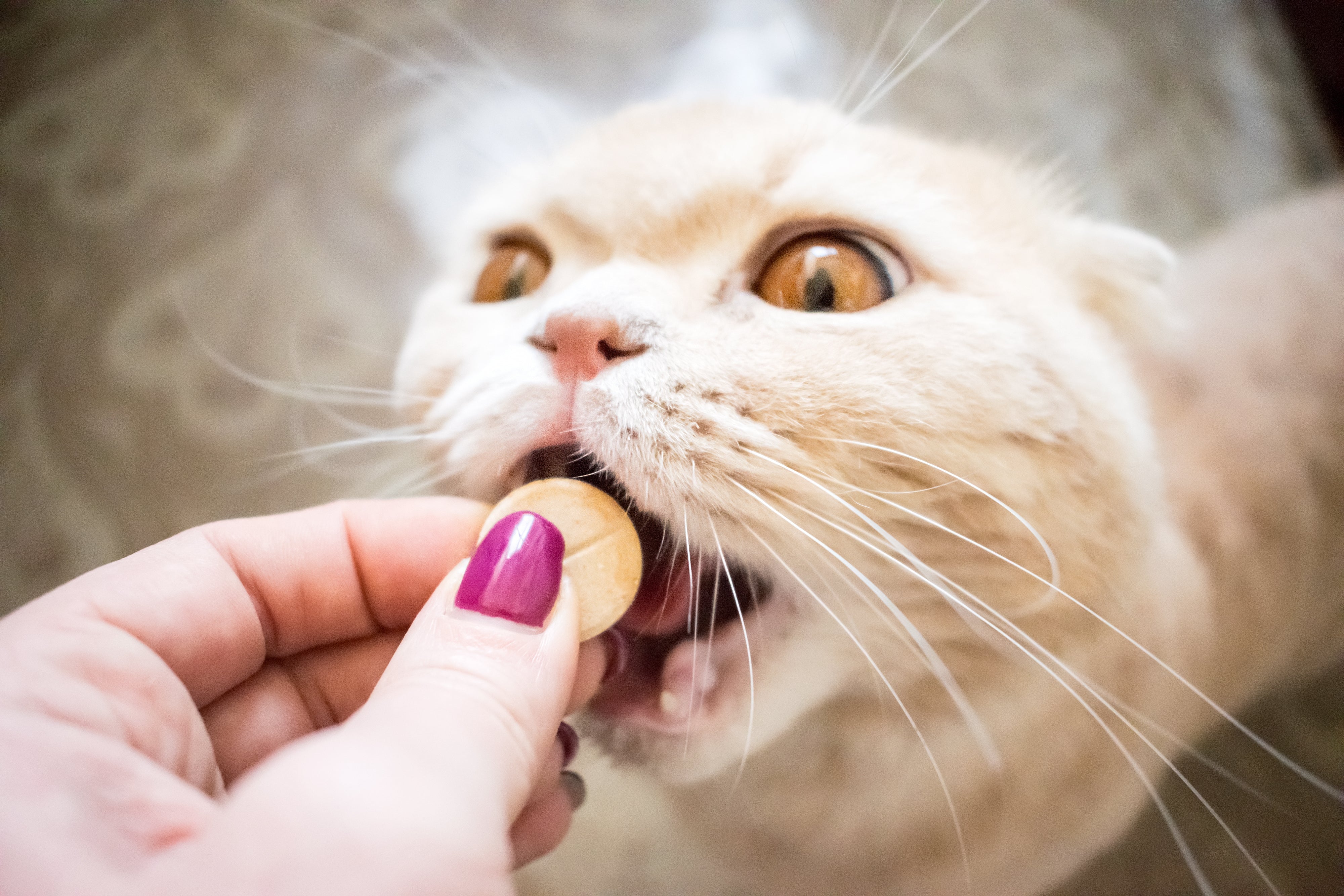
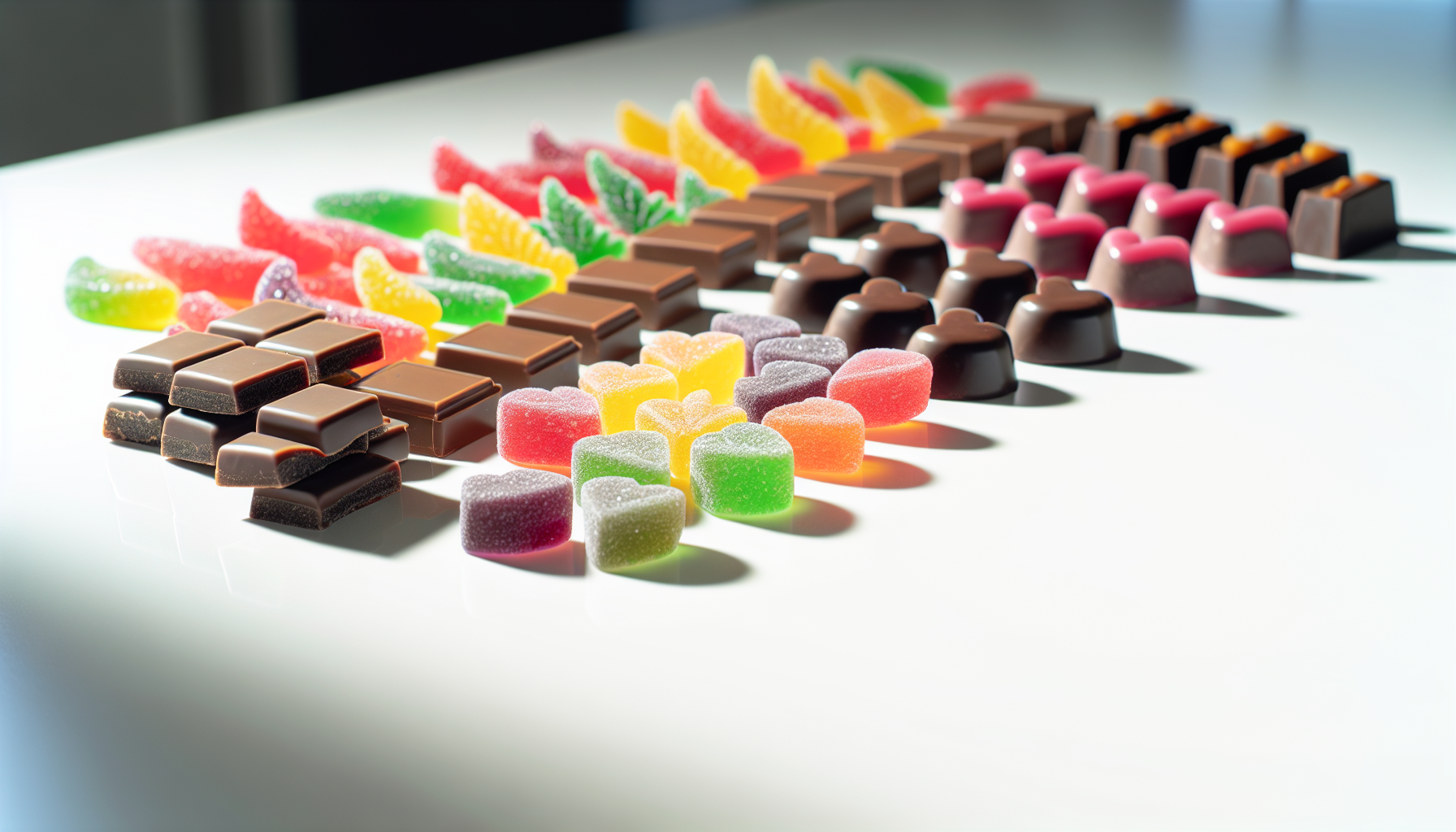
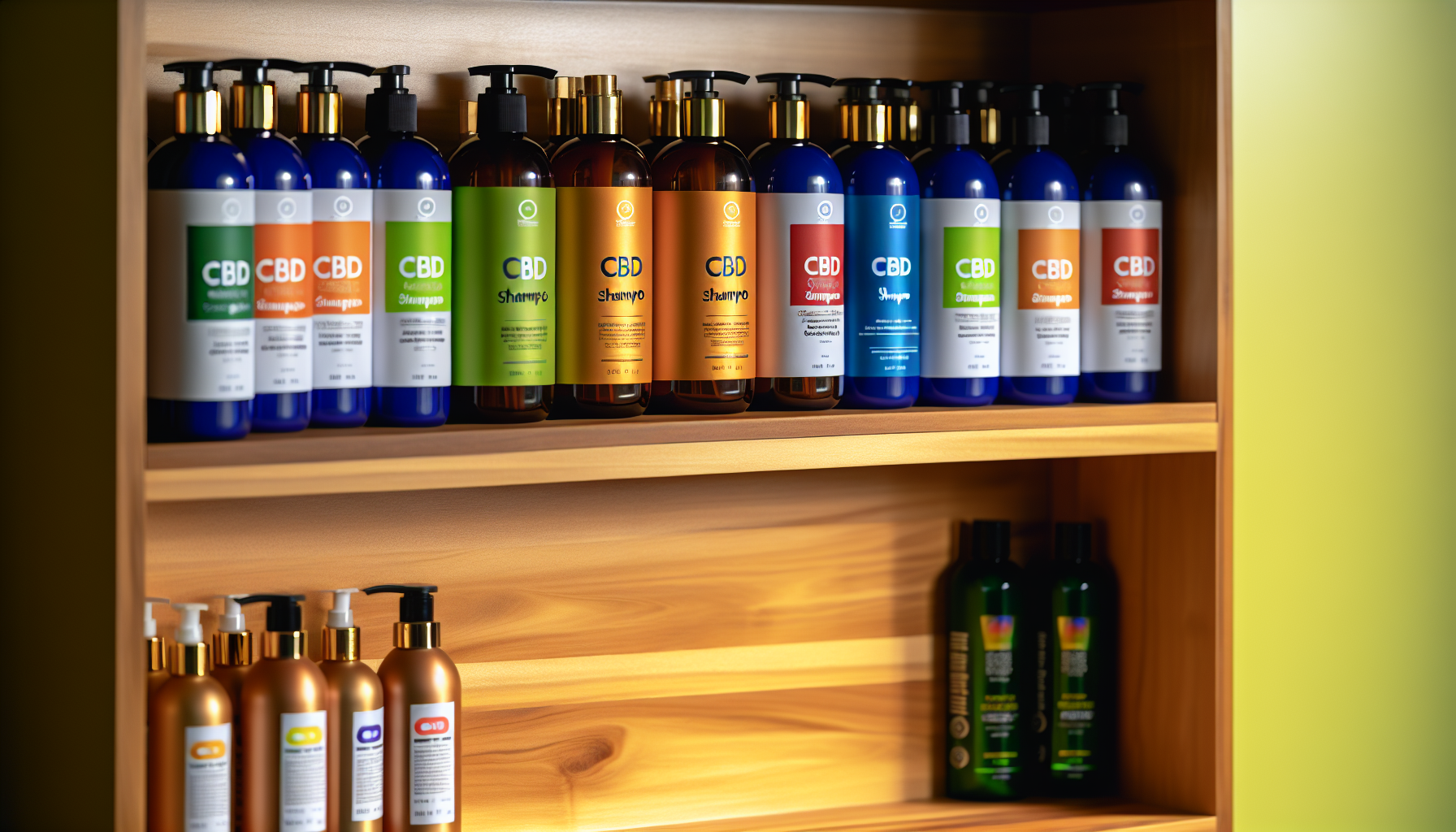
Join in on the Conversation
Your email address will not be published. Once your comment is approved, it will be published.